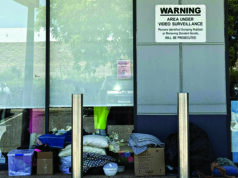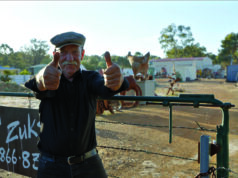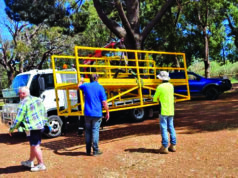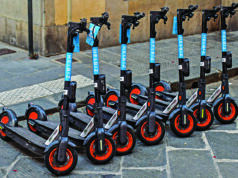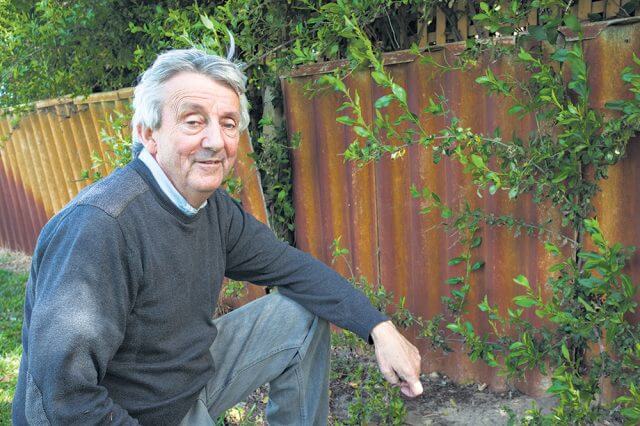
The bin education (tagging) program concluded in early July and was set up by the City of Canning with the aim to provide residents with feedback to support healthy recycling habits.
During this time over 1800 randomly selected households were visually inspected by the waste education officers and feedback was provided to these households on how to recycle correctly.
According to mayor Paul Ng, all residential properties within the city should have access to a recycling bin and the Public Transport Authority manages the waste management services within the vicinity of the Cannington train station.
“Additional recycling services can be purchased at a reduced price of $19.80 (including GST)per annum,” he said.
“While the community’s attitude and enthusiasm towards recycling is generally very good a simple lack of knowledge about what it is and isn’t recyclable can cause some confusion.
“Through initiatives like the Bin Education Program and a soon to be developed Community Education Strategy, the city is working to ensure the Canning community is well-informed and ready and willing to embrace effective waste management practices.”
However East Cannington resident Desmond Bowers contacted The Examiner as he visited five parks in East Cannington a few weeks ago and according to him not one of them had a yellow lid-recycling bin in the East Cannington Train station.
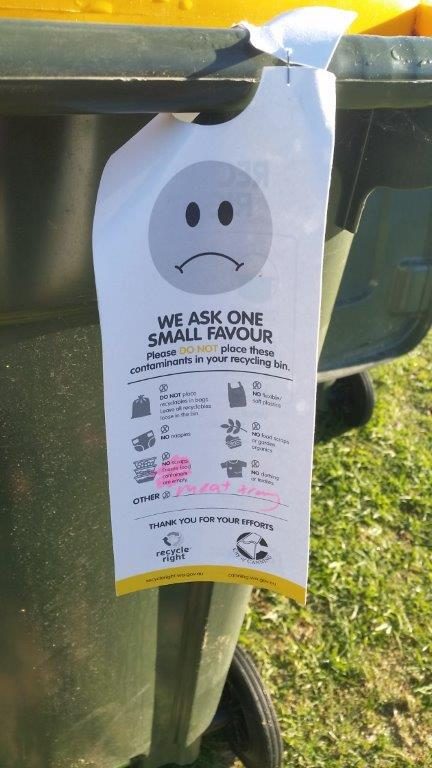
“The city and WALGA needs to get the house in order before coming after the rate payers,” he said.
The city has previously trialed some recycling bins in public places but the high levels of non-recyclable items being placed in the wrong bin resulted in all contents being sent to landfill.
Desmond Bowers was disappointed to see how the community was placing all sorts of waste in the community bins without recycling accordingly.
According to what he saw, there was even dog waste combined with recycling wastage.

However, mayor Paul Ng said the program was a great success and over the eight week program there was a 56 per cent reduction in the number of recycling bins
containing contaminated materials and a 51 per cent reduction in the degree of contamination (low,medium or high) in recycling bins.
After analysing the program there was also a 50 per cent reduction of soft plastics found in bins within the city.
“We are very pleased with the result of the Bin Education Program and thank all residents involved for their efforts in recycling right,” Mr Paul Ng said.
“We plan to continue to roll out the program across different areas of the City later this year.”
With the recent strategic waste management plan the city has proposed a new program under- taken to trial the introduction of recycling bins to selected public places.
A community education program around waste and recycling will support this and the contents of these bins will be monitored.
A major focus of the plan is the reduction of environmental impacts by minimising waste generation.
Also diverting as much waste as possible away from landfill and in- creasing the amount of recyclable material through improved separation, collection and processing.



